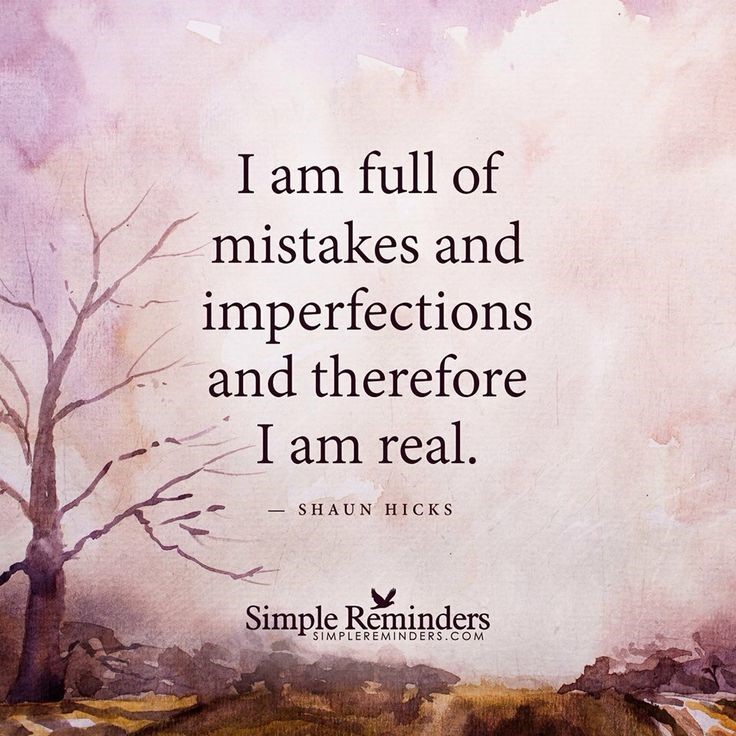TK Talks Blog by Camille Williams, LCPC, CEDS-S, Eating Disorder Program Coordinator
Imperfect Relationships
Perfection doesn’t exist. And it certainly doesn’t exist in the relationships with food and the body. This is hard to grasp when diet culture perpetuates beliefs that rigid rules with food regarding timing, amounts, food groups, and more can lead to ultimate “health” and “wellness”.
There’s an idea that these “food rules” are easy to follow. In addition there is the false assumption that by following these “rules” the ideal body will be achieved and life will be full of happiness. In reality, following the “rules” only leads to frequent and increasingly distressing shame cycles and body preoccupation.
It is important for recovery not to become another set of “rules” that leads to shame when “broken.”
This makes eating disorder recovery complicated because of the need for structure and consistency while also incorporating flexibility. It is important to be intentional about how to create this balance. The structure and consistency may include having three meals and three snacks per day according to meal plan. Whereas flexibility may look like having dinner a half hour earlier because of an invitation with friends. Flexibility may mean not having all food groups present for a meal because there was a pizza party for lunch at work.
Balance is going to look different for each person depending on their own unique recovery journey. There also may be a trial-and-error piece to navigating balance as well as a need to adjust and re-adjust. There may be times in recovery that more structure is needed, and other times when recovery is too rigid.
The same is true when it comes to the relationship with the body and the body itself. Body acceptance does not mean that someone loves and accepts everything about their body. Body acceptance also includes accepting parts of the body that are associated with judgment, frustration, or other unwanted emotional experiences.
It is an exhausting and endless process to try to achieve perfection in any area of life. Looking for perfection in relationship with food and body will most likely lead someone down the path of an eating disorder. This will ultimately make the relationship with food and body even more challenging and fractured. If it feels overwhelming to think about how to have an imperfect and yet manageable relationship with food and body, please seek support from providers who have education and experience with eating disorders.
Dietitians can provide support for how to create a relationship with food that is flexible and structured to help with food freedom. Therapists can help with self-compassion and body acceptance while also holding space for body judgments. There are people who can help because these relationships are compromised by diet culture and it’s not easy to let go of striving for perfection.
Let’s start by acknowledging perfection doesn’t exist.
www.timberlineknolls.com*The opinions and views of our guest contributors are shared to provide a broad perspective of eating disorders and not intended as endorsement by iaedp™ Foundation, Inc. or its Board of Directors.*






